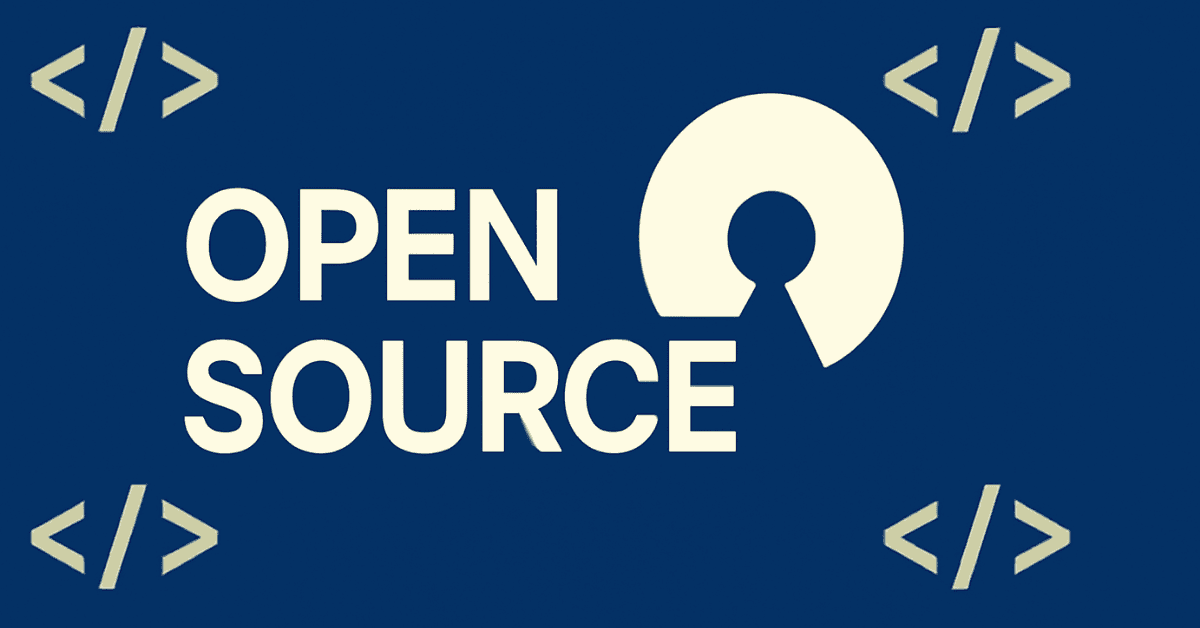
Crypto and Open Source: Benefits and Future
1. What is Open Source?
Open source refers to software with source code that is made publicly available online, allowing anyone to access, view, and use it freely. Developers can modify the code or build additional features based on the available source code.
In the crypto world, many blockchains and protocols rely on open source to maintain transparency and openness. These projects typically share their source code on GitHub, the largest platform for hosting and managing source code.
2. Benefits of Open Source
Open source brings numerous advantages to both developers and users, including:
- Collaboration and Knowledge Sharing: Developers can collaborate, improve the source code, and fix bugs quickly.
- Creativity: The community can suggest and develop new features.
- Cost Efficiency: Developers don't need to rewrite the software from scratch, saving time and resources.
Additionally, open source provides:
- Increased Security: With many contributors and reviewers, security vulnerabilities can be detected and resolved swiftly.
- Transparency: Users can freely explore how the software works, which increases trust in the project.
- Flexibility: Users can modify and adapt the software to suit their specific needs.
3. Why Does Crypto Need Open Source?
Blockchain, the core technology behind cryptocurrency, ensures decentralization, openness, and transparency, aligning perfectly with the benefits of open source. Using open source in blockchain eliminates the control of intermediaries and builds trust among users.
A prime example is Ethereum, where open source has fueled the growth of the DeFi ecosystem through smart contracts.
4. How Open Source is Used in Crypto
Open source is widespread in the cryptocurrency space, especially in Bitcoin and Ethereum:
- Bitcoin: The Bitcoin open source (Bitcoin Core) was released in 2009, and today over 100 developers contribute to it.
- Ethereum: With over 3,000 dApps built and numerous EIPs (Ethereum Improvement Proposals) like ERC-20, ERC-721, the Ethereum ecosystem has significantly contributed to the rise of decentralized applications.